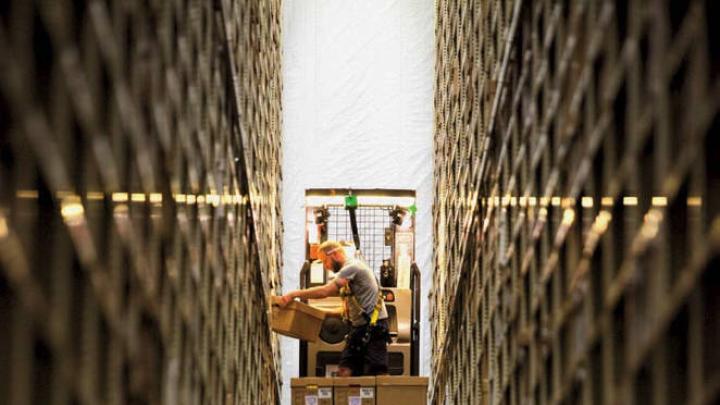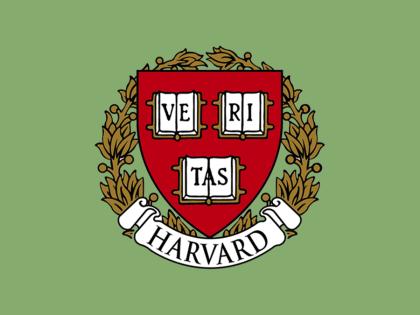In an era of omnipresent digital media (and distractions), Leah Price ’91, RI ’07, is an anti-alarmist about the future of reading and of tangible books. The former Higginson professor of English, an expert on eighteenth- and nineteenth-century literature and on book history, recently decamped to Rutgers, where she is Henry Rutgers Distinguished Professor and founding director of the Rutgers Initiative for the Book. In What We Talk About When We Talk about Books: The History and Future of Reading (Basic Books, $28), Price reassures: “One constant in the history of books is their power to take new forms, and to prompt new ways of reading as a result.” In the course of making her case, she describes a class visit to a venue where lots of old-fashioned books await their next users:
One blustery February afternoon, the class…took a field trip. A school bus whose bright yellow looked like something out of a Richard Scarry illustration ferried us to an exurb an hour west of Boston, where a climate-controlled Home Depot-style hangar refrigerates Harvard Library’s 10 million least-loved volumes in off-site storage. A clang drew our gaze upward: 20 men were shoveling snow from three acres of roofs. Beyond the fumes of the loading dock, neither leather spines nor wood shelving lay in sight. Instead, my students encountered fluorescent lights, linoleum floors, metal carts, plastic bins sold by the thousand-count, an eyewash, and a stenciled hard-hat reminder. Climbing on the cherry picker for a high-tech hayride, the students looked about as credible as politicans posing in a tank.
Stored at a temperature inhospitable to human bodies, the books in Harvard’s depository also inhabit a scale incomprehensible to human minds. As tall as five people stacked on top of one another, the sublime crags of the depository’s 30-foot-high metal shelves produce the same vertigo as a stark cliff face. On campus, books are shelved by subject; here, by height. Arriving at the depository, each volume encounters a sizing tray….Also on arrival…each book’s title is replaced with a bar code readable by a pistol-grip Motorola scanner: prisoner without a name, cell without a call number.
The ticket to this Siberia isn’t always one-way. At some point in their exile, the luckiest books will be released at the request of a catalog user. If that user requests hard copy, the volume will be zapped by a scanner in the grippy-gloved hands of a fluorescent-lumbar-support-clad worker riding a cherry picker, bundled into a plastic bin, shunted onto a metal hand-truck, and loaded into an 18-wheeler to trundle past the sentry box and the nearby Kwik Print to the highway leading to campus, and finally into the reader’s hand. When books do make the trip down the highway…they travel…11 million times slower than a packet of digital information. More often, therefore, the catalog user requests page images—meaning that the lucky volume will be scanned without ever escaping the building.







